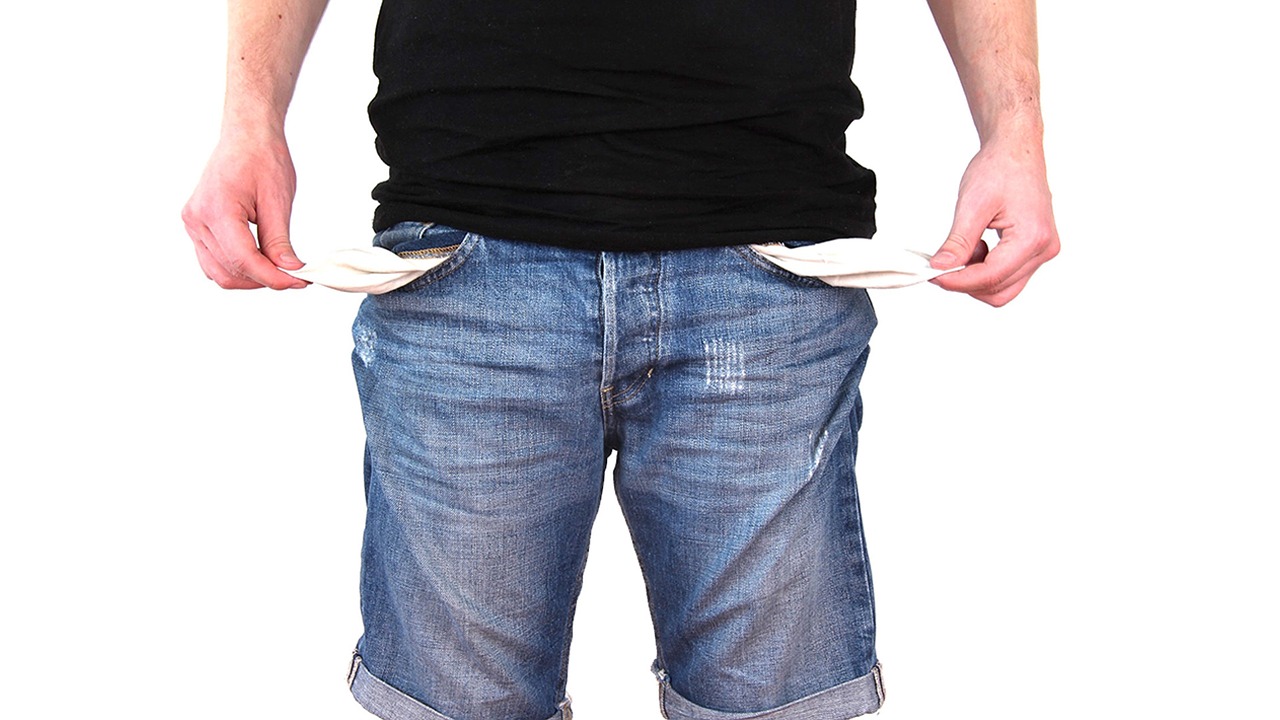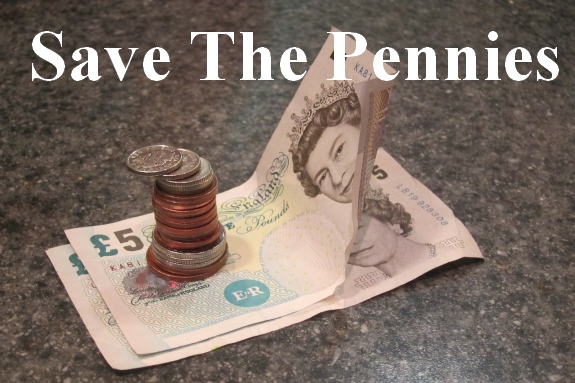I have seen a lot of posts recently on whether people are stocking up for Brexit. I was surprised (and pleased) to see that in one particular group over 2/3rds of respondents were stocking up to some extent.
 But I was also sad to see that a number of people said that they did not even know how they would put food on the table THIS week, never mind stocking up for the future. 🙁
But I was also sad to see that a number of people said that they did not even know how they would put food on the table THIS week, never mind stocking up for the future. 🙁
Some people also said they would love to stockpile for Brexit but they did not know how to: they felt that any extra tins would get used up before Brexit came along. So I thought it would be useful to start a list of ideas for how to create and keep a small stockpile for future needs.
Squirrel It Away
 Squirrels hide nuts in Autumn, so they will have something to eat when they wake up (they do not hibernate fully, but wake and go back to sleep again). Get yourself a small box (free from the greengrocer) and put your tins or other non-perishable food in there and hide it away, under your bed, in the wardrobe, under a cupboard, wherever you won’t go straight to when making your ordinary meals. Forget about it, unless there is an emergency. Once Brexit is over, you can add the stuff to your normal store or keep it in case of another emergency in the future. Remember to check dates every so often!
Squirrels hide nuts in Autumn, so they will have something to eat when they wake up (they do not hibernate fully, but wake and go back to sleep again). Get yourself a small box (free from the greengrocer) and put your tins or other non-perishable food in there and hide it away, under your bed, in the wardrobe, under a cupboard, wherever you won’t go straight to when making your ordinary meals. Forget about it, unless there is an emergency. Once Brexit is over, you can add the stuff to your normal store or keep it in case of another emergency in the future. Remember to check dates every so often!
Skim It Off The Top
At the start of the month or the week, or when you get some money and you buy some stuff, remove part of what you have bought (one tin, one jar, one packet) and add it to the box below the bed or in the wardrobe and forget about it until there is an emergency. 
Keep The Pennies
 This also applies to any small change you get from the shop. DO NOT throw small change away, store it in a jar. It mounts up. Even keep your small change in a separate pocket and just save what is left over at the end of the week, if you can’t save it each day. Your local small shop will be glad to get paid with change, it often costs them to get more change from the bank for use in their shop!
This also applies to any small change you get from the shop. DO NOT throw small change away, store it in a jar. It mounts up. Even keep your small change in a separate pocket and just save what is left over at the end of the week, if you can’t save it each day. Your local small shop will be glad to get paid with change, it often costs them to get more change from the bank for use in their shop!
In terms of small change, try sofa diving, or look on the ground near shop doors, you may find pennies or silver that other people have discarded!
If you can afford it, try saving a penny PLUS a penny for each day of the year. For instance, on 1st January, save 1 penny in a jar. On 2nd January, add 2 pennies to the jar, 3 on the 3rd, 4 on the 4th, etc. By the end of March, you will be saving 91 pence a day and you will already have £41.86 in the jar. Very often, you can save 10p or possibly even £1 a day, without really missing it from your budget. It is surprising how quickly it mounts up, if you do that regularly.